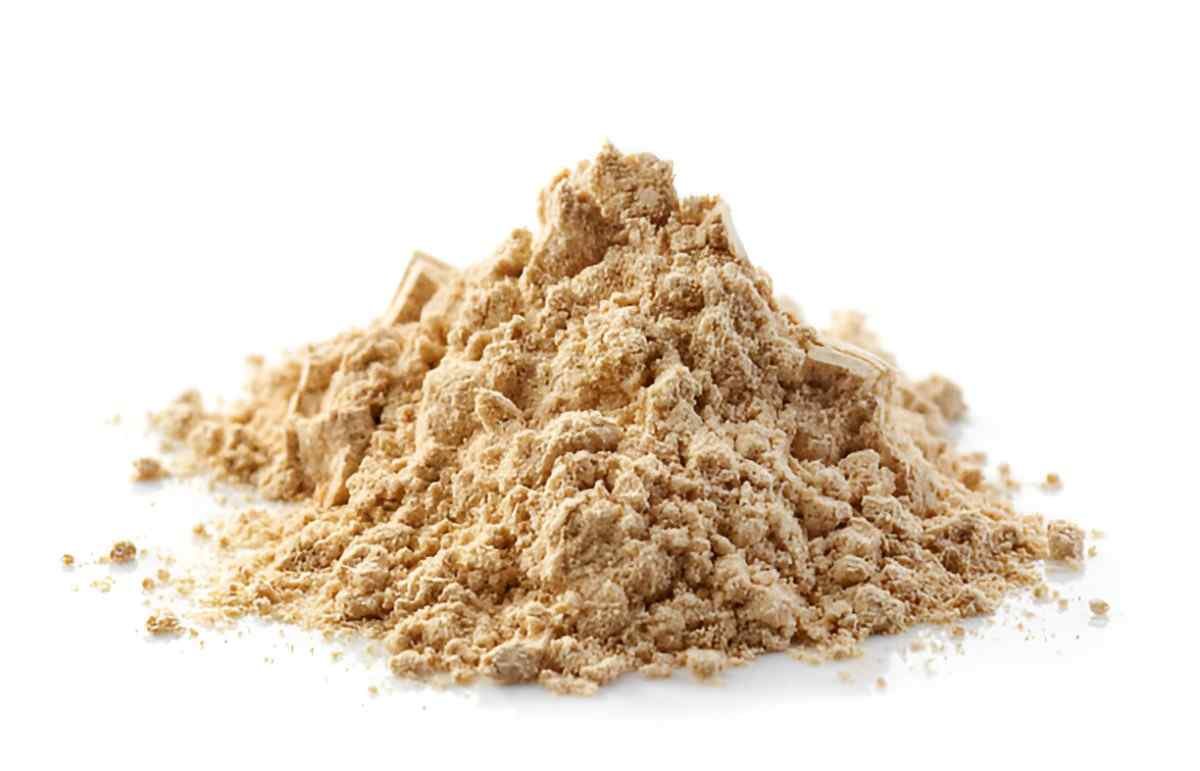Maca powder, derived from the root of the maca plant native to the Andes Mountains in Peru, has gained popularity as a superfood due to its impressive nutritional profile and potential health benefits. In this article, we’ll explore the nutritional values, key health benefits, potential therapeutic uses, cautions, ways to incorporate maca powder into your diet, and other relevant information.
Summary Table
| Aspect | Details |
|---|---|
| Nutritional Values | Rich in carbohydrates, fiber, protein, vitamins, and minerals, including iron, calcium, and potassium. |
| Key Health Benefits | Enhanced energy levels, hormonal balance, improved mood, enhanced fertility, menopausal symptom relief. |
| Potential Therapeutic Uses | Sexual health support, endurance and athletic performance enhancement. |
| Cautions | Potential digestive issues, interaction with medications. |
| Incorporation into Diet | Add to smoothies, oatmeal, baked goods, or beverages. |
Nutritional Values
Maca powder is a rich source of essential nutrients, including carbohydrates, fiber, protein, and various vitamins and minerals. Here’s a breakdown of its nutritional composition per 100 grams:
- Carbohydrates: 59-75 grams
- Fiber: 7 grams
- Protein: 10-14 grams
- Fat: 0.6-1 gram
- Vitamin C: 2-5 milligrams
- Iron: 14-16 milligrams
- Potassium: 800-2000 milligrams
- Calcium: 150-500 milligrams
Key Health Benefits
- Enhanced Energy Levels: Maca powder is often used to boost energy and stamina, making it a popular choice among athletes and those seeking increased vitality.
- Hormonal Balance: Some studies suggest that maca may help regulate hormone levels, particularly estrogen and testosterone, which can contribute to improved mood, libido, and overall reproductive health.
- Improved Mood and Mental Well-being: Maca contains compounds that may have mood-enhancing properties, potentially alleviating symptoms of anxiety, depression, and stress.
- Enhanced Fertility: Maca has been traditionally used as a fertility aid, with some evidence suggesting it may improve sperm quality and reproductive function in both men and women.
- Menopausal Symptom Relief: Preliminary research indicates that maca may help alleviate menopausal symptoms such as hot flashes, mood swings, and vaginal dryness, although further studies are needed to confirm its efficacy.
Potential Therapeutic Uses
- Sexual Health: Maca is commonly touted as a natural aphrodisiac and is believed to support sexual health and performance in both men and women.
- Endurance and Athletic Performance: Athletes and fitness enthusiasts often use maca to improve endurance, strength, and recovery after exercise.
Cautions
- Digestive Issues: Some individuals may experience digestive discomfort, including bloating, gas, or upset stomach, when consuming maca powder, especially in large amounts. Start with a small dose and gradually increase to assess tolerance.
- Interaction with Medications: Maca may interact with certain medications, particularly those for hormonal conditions or blood pressure regulation. Consult with a healthcare professional before incorporating maca into your regimen, especially if you’re taking medications.
How to Incorporate Maca Powder into Your Diet
- Smoothies and Shakes: Add a tablespoon of maca powder to your favorite smoothie or protein shake for an energy boost and nutritional punch.
- Oatmeal and Breakfast Bowls: Stir maca powder into your morning oatmeal or breakfast bowl for a flavorful twist and added nutrients.
- Baked Goods: Incorporate maca powder into homemade granola bars, energy balls, or baked goods such as muffins, pancakes, and cookies.
- Beverages: Mix maca powder into beverages like coffee, tea, or hot cocoa for a subtly sweet and earthy flavor.
Incorporating maca powder into your diet can offer a myriad of health benefits, but it’s essential to start with small doses and monitor your body’s response. As with any supplement, consult with a healthcare professional before adding maca powder to your regimen, especially if you have underlying health conditions or are taking medications.





